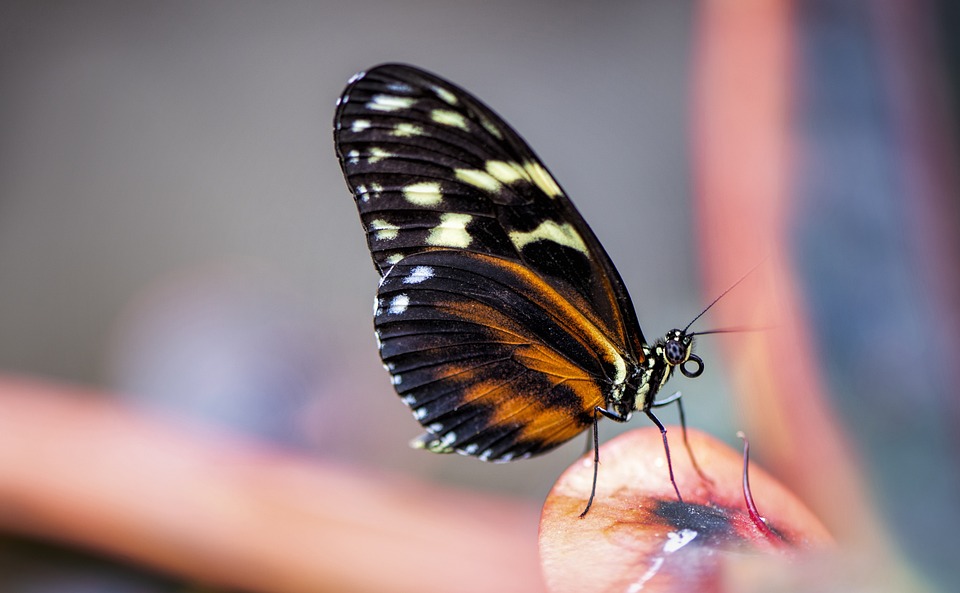As the seasons change and outdoor activities beckon, one aspect that often dampens our spirits is the presence of pesky bugs. From mosquitoes buzzing around during twilight barbecues to ticks lurking in the grass, outdoor pests can make our time outside uncomfortable and potentially dangerous. Fortunately, a well-chosen bug spray can be a game-changer in ensuring you enjoy your time outdoors without the fear of unwanted insect encounters. In this article, we’ll explore the essentials of outdoor insect protection and offer guidance on choosing the best bug sprays for your needs.
Understanding Bug Sprays
Bug sprays, often referred to as insect repellents, are specially formulated products designed to deter insects from landing on and biting humans or pets. They come in various forms, including sprays, lotions, wipes, and aerosols. The effectiveness of these products typically hinges on their active ingredients, which can be categorized into two main groups: synthetic chemicals and natural oils.
1. Synthetic Chemical Repellents
The most common synthetic ingredients found in bug sprays include:
-
DEET (N,N-Diethyl-meta-toluamide): DEET is one of the most active and widely used ingredients in insect repellents. Available in various concentrations, it is effective against a wide range of insects, including mosquitoes and ticks. DEET is generally considered safe when used according to label instructions, but it should be applied sparingly on skin and avoided on open wounds or irritated skin.
-
Picaridin: An excellent alternative to DEET, picaridin provides effective protection against mosquitoes and ticks. It’s odorless, non-greasy, and less likely to irritate the skin, making it a popular choice for families.
- IR3535: This synthetic repellent offers decent protection against mosquitoes and is often found in lotions and sprays. While it may not be as potent as DEET or picaridin, it is a good option for those seeking a milder formulation.
2. Natural Oil Repellents
For those who prefer a more natural approach, several plant-based oils can effectively repel bugs:
-
Lemon Eucalyptus Oil: Recognized by the CDC as an effective natural alternative to DEET, this oil provides long-lasting protection against mosquitoes. However, it’s crucial to note that it should not be applied on children under three years old.
-
Citronella Oil: Commonly used in candles and outdoor torches, citronella oil helps mask the scents that attract mosquitoes, though its effectiveness can be short-lived and may require frequent reapplication.
- Lavender Oil: Known for its pleasant aroma, lavender oil can deter mosquitoes and other biting insects. Additionally, it may have calming properties, making it a popular choice for outdoor gatherings.
3. Combination Products
Some products combine synthetic and natural ingredients to offer a broader spectrum of protection. These can be a great option for those seeking the benefits of both worlds. Always check the concentration of active ingredients to ensure adequate protection.
Factors to Consider When Choosing a Bug Spray
When selecting the right bug spray for your needs, consider the following factors:
1. The Type of Activity
Different activities necessitate different levels of protection. For a leisurely evening on the patio, a garden spray with lower concentrations of active ingredients may suffice. However, if you are hiking in a wooded area or camping, opt for a bug spray with higher concentrations or one specifically designed for ticks and mosquitoes.
2. Duration of Protection
Check the product’s label for information on how long the ingedients remain effective. Some sprays offer protection for only a couple of hours, while others can last for up to 12 hours or more. Depending on your outdoor plans, you may require a long-lasting formula.
3. Skin Sensitivity
If you or your family members have sensitive skin, consider formulations labeled as hypoallergenic or dermatologist-tested. Additionally, oil-based repellent might cause irritation, so it’s essential to test any products before full application.
4. Environment and Ecosystem
Consider the surrounding environment. If you are in a natural area where pollinators are present, look for bug sprays that are less harmful to these beneficial insects. Opt for biodegradable and eco-friendly options whenever possible to minimize your impact on the ecosystem.
Application Tips
To maximize the effectiveness of bug sprays, follow these application tips:
-
Apply to Exposed Skin: Spray or apply the product directly to exposed skin, avoiding contact with eyes and mouth. Clothing can also be treated for extra protection.
-
Reapply as Needed: Depending on the formula, you may need to reapply after a specific timeframe, especially if you sweat or go swimming.
- Store Properly: Keep bug sprays in a cool, dry place and well out of reach of children and pets.
Conclusion
Choosing the best bug spray for your outdoor adventures requires careful consideration of your activities, personal preferences, and any health concerns. Whether you opt for a synthetic repellent, a natural alternative, or a combination product, the key is to find a solution that keeps bugs at bay while allowing you to enjoy the great outdoors. Always read labels and follow instructions to ensure safety and effectiveness—after all, the best way to make the most of your outdoor experiences is to feel comfortable, protected, and free to roam. Happy adventuring!
